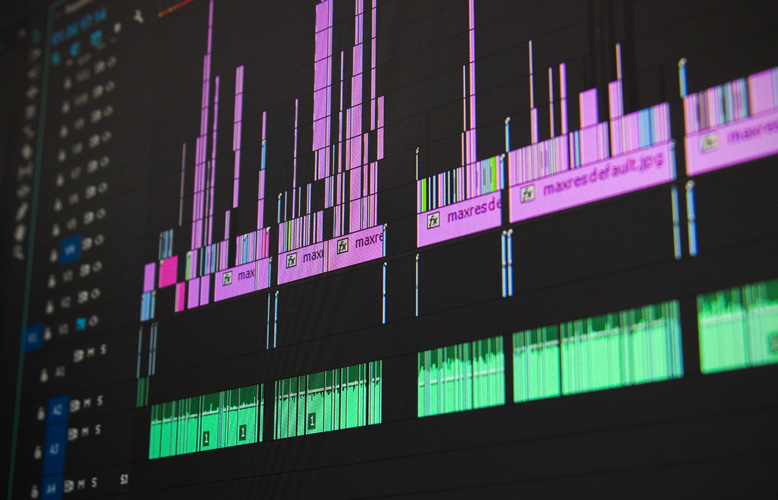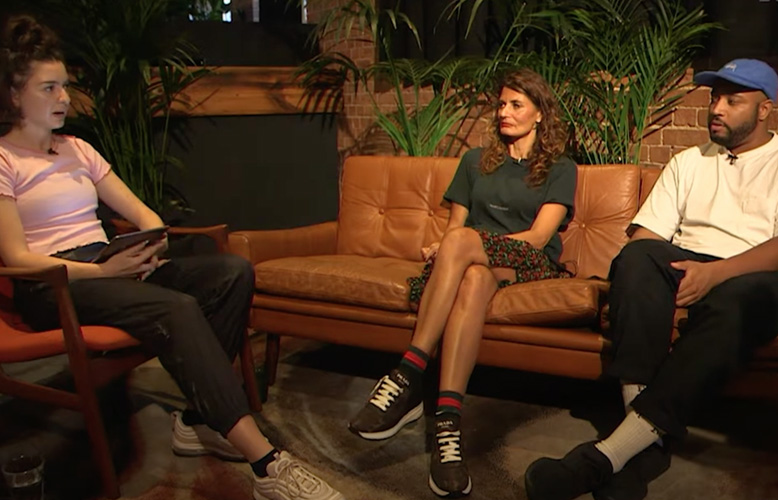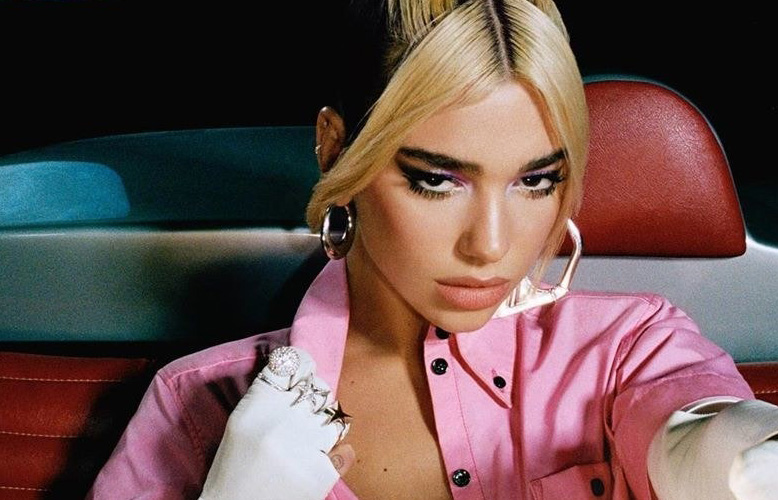Music Sampling is the act of taking an element, portion or sample from one sound recording and reusing it in another sound recording or song. The sample can be as small as a one bar loop or as large as an entire vocal chorus. In order for the sampling artist or producer to use the sample legitimately however they must obtain approval from the rights holder of the original recording.
Q. ‘The 3 second rule’ How much of a sample can I use before I have to clear it?
A. It’s a common myth that you can legally sample a copyrighted recording without permission so long as the sample is shorter than 3 seconds, or 5 seconds, or even 20 seconds…
If the song is still in copyright it remains protected by law and you absolutely must clear the sample with the relevant rights holders regardless of how many seconds you have used.
Q. Who owns the rights to the original sample:
A. There are two separate copyrights which subsist in any recording. The first is the copyright in the sound recording sometimes called the Master rights, these rights are usually controlled by the label or producer of the original recording.
The second is the copyright in the underlying composition. The composer of the music will be the author of the song and the lyric in a composition will be also be protected by copyright as a literary work. These rights will usually be controlled by the writer and/or the publisher of the composition.
Where there are several writers and/or publishers you will need to clear the sample with each writer independently of each other.
Q. What will happen if I release my track without clearing the sample?
A. If you use a sample without gaining prior approval from the rights owner you will be infringing the owners intellectual property rights, which are protected under law by the copyright act. The use of their copyrighted material commercially or for profit in any manner including any for promo use or on digital platforms such as You tube and Soundcloud will open you up to legal action.
If your track is released with an uncleared sample in it and enjoys any level of commercial success then the likelihood is that you will have to give the copyright owner some or often all of your royalties made from the track as compensation for your wilful infringement. Hence the old adage where there is a hit there is a writ. The court may also prohibit you from further use of the material.
Q. How do I clear a sample? Where do I start?
A. You will need to contact the rights owners of both the original sound recording and the publisher (or writer) of the original song. You’ll need to submit an application to them along with a demo of the new recording. The rights holder will issue you with a quote and once you have negotiated the terms of sample clearance and executed all relevant agreements you be ready for release your track.
Q. How do I know what sample quotes are fair and reasonable for my use?
A. If you think the quote received is unfair or unreasonable you can illicit the help of an music lawyer, musicologist or a licensing company that specialise in sample clearance like Sample Clearance Services www.sampleclearance.com who offer a one stop solution to those needing samples cleared on their tracks.
Sample Clearance Services, they will will analyse your material; research the rights owner(s); negotiate the terms of clearance; and draft and execute sample clearance agreements on your behalf. They will then deliver the track back to you all ready to go!
Q. How much does it cost to clear a sample?
A. Law firms will generally charge at the lawyer hourly rate which can be costly if the sample is difficult to clear or the negotiation is protracted. Agencies tend to be cheaper and on a flat fee basis Sample Clearance Services charge £375 (plus vat) per clearance. In addition to this you will usually also need to pay the rights owner of the original recording an advance and on going royalty. The advance will vary in accordance with the size and use of the sample and the deal that you negotiate.
There is no definitive answer as to how much a sample will cost per se it will be subject to a number of determining factors that will differ rights holder to rights holder and may include; length of the sample use, significance of the sample use in the new recording; notoriety of sample and artist/writer of the original recording; major label or independently owned label, intended scale of distribution.
On the publishing side you will usually agree to give away a percentage of the copyright in the new composition, this can be anywhere between 1-100% which you will assign to the owners of the original composition in exchange for the use of the sample. Again there is no definitive amount it will be subject to of the factors mentioned above.
In the United States and Canada the publisher will also additionally request an advance or more commonly these days a ‘non recoupable’ fee.
Non-recoupable fees are not artist friendly since invariably they need to be paid upfront and cannot be re-paid from royalties earned prior to the sample owner being paid.
Q. What type of deals can I expect to obtain for use of a sample?
A. There are several types if deal available;
a royalty and advance based deal is the traditional deal, where you pay an upfront royalty and once that is recouped you will pay an on going royalty to the rights owner; a buyout deal is where the sample will pay a usually higher fee than a standard advance to buyout all the rights in the sample to exploit the new recording in any manner whatsoever. Buyouts can occur on both both master and publishing sides but generally only happen where the sample owner is an individual or smaller independent labels. This is generally the preferred deal structure.
On less commercial tracks you may also be able to structure a deal whereby you agree to remix, guest vocal or produce a track in exchange for use of the sample. This type of deal tends to be more common where the is a pre-existing or mutually beneficial relationship of some sort.
Q. What happens if I get a synchronisation use for my track once I have cleared the sample with the rights owner?
A. Generally under a standard advance and royalty based deal you will have to go back to the rights owner for their approval on all third party uses that come through you. You will also have to pay through a pro rat share of the revenue generated from the synchronisation, to the rights holder.
If you have secured a buyout deal then you are free to synch the track without the approval form the rights owner and you will not have to pay through any additional royalties.
Q. How long does it take to clear a sample?
A. Again there is no definitive answer, once you have submitted your application to the label or publisher for clearance, they will then normally need to seek third party approval from their artist or writer before they are able to grant approval. Clearance companies tend to be quicker simply because they are well connected and are dealing with the same publishers and labels all day every day. Sample Clearance Services tend to turn sample requests around in 3 to 4 weeks but they will tell you to allow at least thee months upfront of your intended release to be on the safe side.
Q. What do I do if I can’t find the sample owners?
A. Researching the owners can in some cases be a large part of the sample clearance process, especially where the tracks are old or unusual in some way. Internet sites such as All Music, Discogs BMI & ASCAP are all good sources if you are still struggling you ay have to seek professional assistance from an agency.


